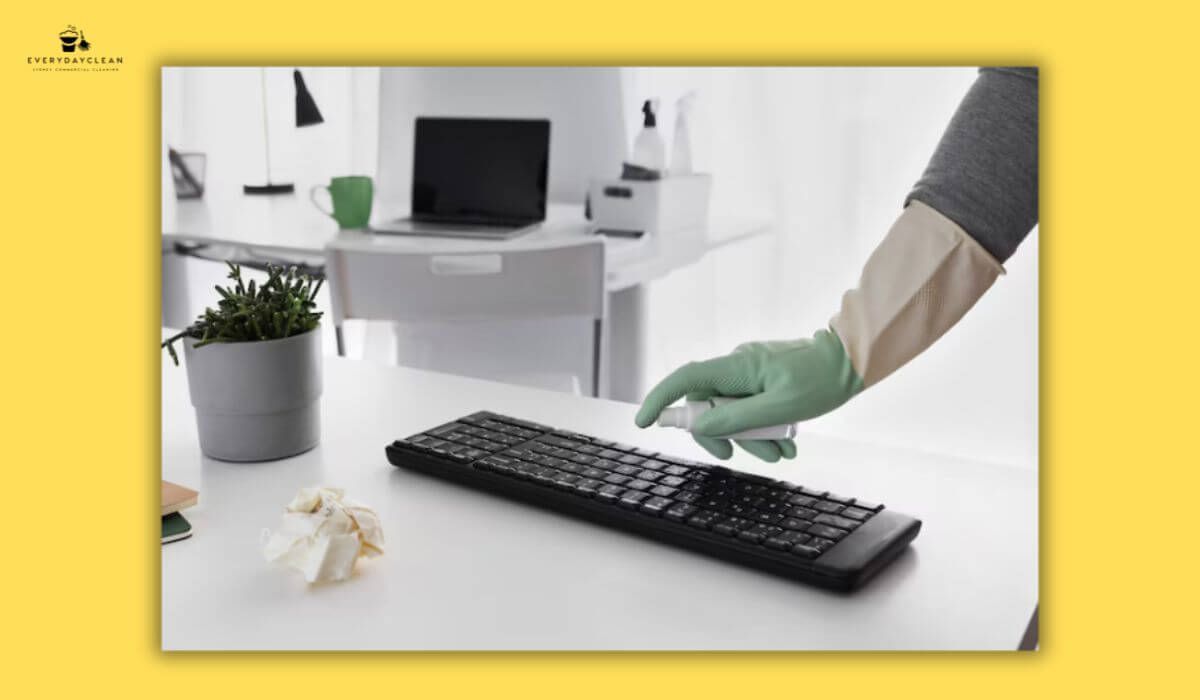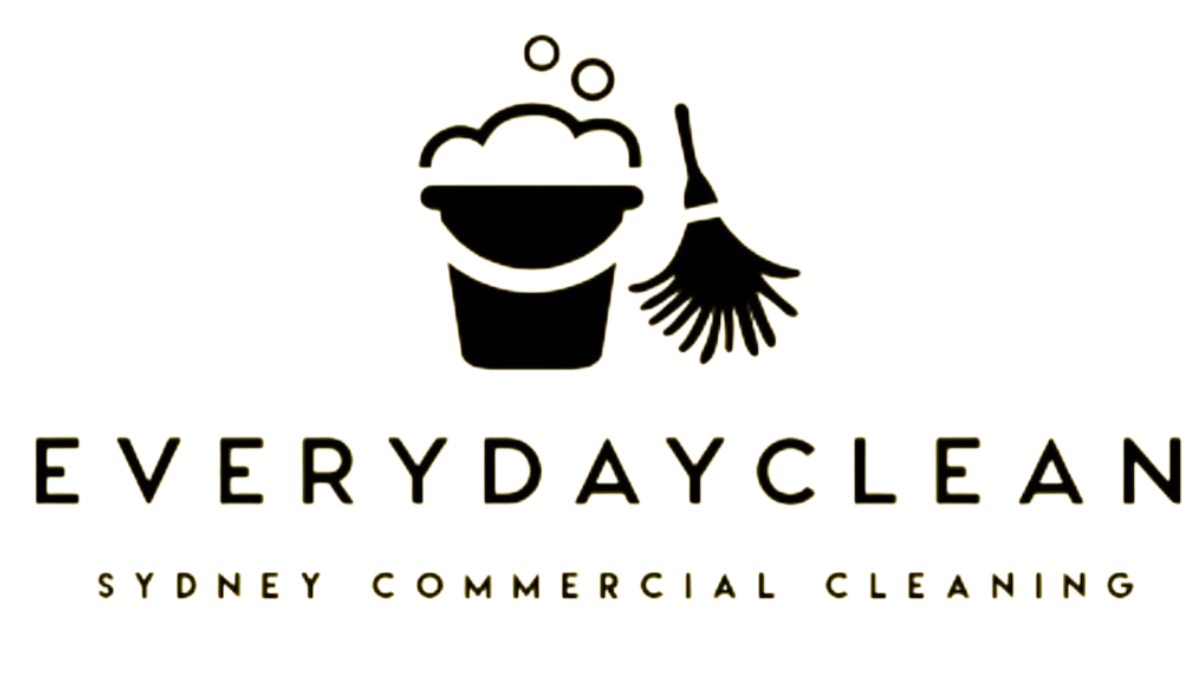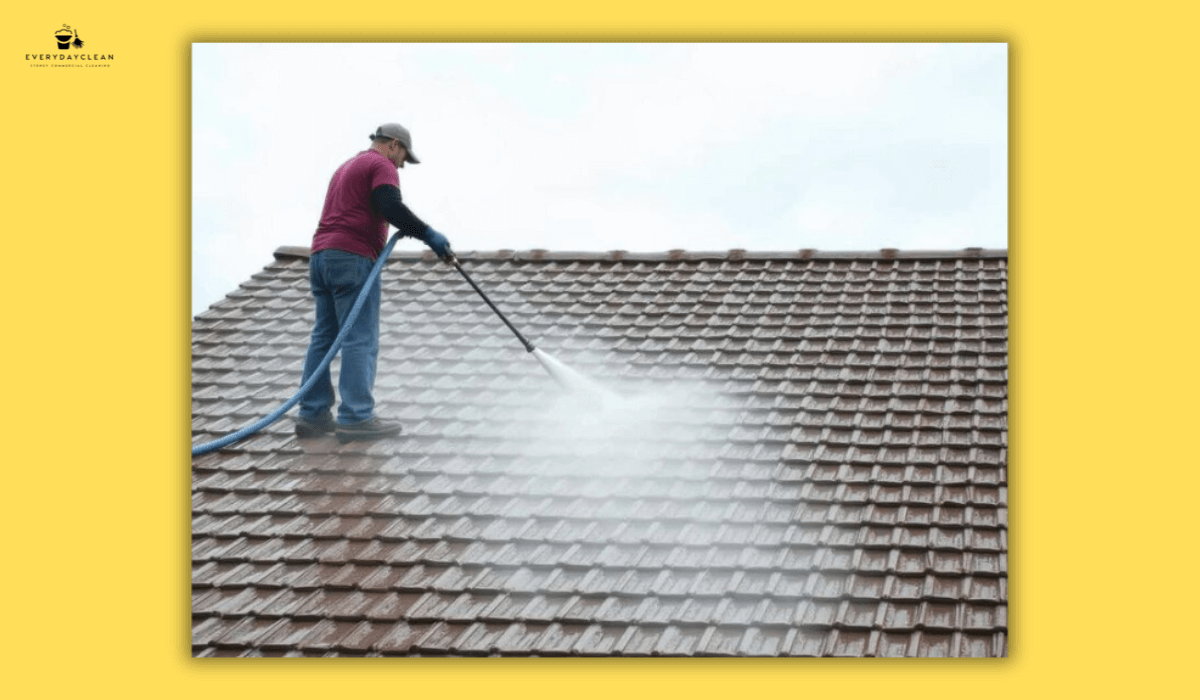Cleaning Frequency Suggestions: Facility-Wide Cleaning Guide
Cleaning frequency suggestions for maintaining hygiene, appearance, and operational efficiency in commercial environments. Whether managing an office, gym, school, or strata property, understanding how often to clean different areas ensures a safe, well-presented, and regulation-compliant facility. This guide offers a structured cleaning frequency schedule based on traffic patterns, space function, and surface types—allowing property managers and service providers to maintain cleanliness with clarity and confidence.
Cleaning Frequency Suggestions by Facility Type
Different facilities require different levels of attention. The section below offers a cleaning frequency framework tailored to the unique demands of various commercial environments. Each frequency tier—daily, weekly, monthly, and quarterly—is structured to reflect industry best practices and maintain cleanliness consistently.
Offices
In office settings, the cleaning focus is on high-touch points, shared workspaces, and presentation areas.
Suggested frequency:
- Daily – Desks, shared keyboards, phones, door handles, kitchen surfaces, bins
- Weekly – Meeting room chairs, inside drawers, glass partitions, vents
- Monthly – Carpet steam cleaning, workstation deep cleaning, air diffusers
- Quarterly – External window washing, full upholstery clean
To maintain hygiene and presentation, regular
professional office cleaning should address desks, door handles, bins, and kitchen zones daily.
Gyms and Fitness Centres
Fitness centres experience high sweat and skin contact, demanding intensive and consistent cleaning.
Suggested frequency:
- After each use – Weight machines, cardio equipment, yoga mats
- Daily – Floors, mirrors, benches, locker areas
- Weekly – Showers, grout, drainage, fans
- Monthly – Ventilation system wipe-down, equipment disinfection
To keep up with this demanding schedule, Everyday Clean provides specialised
Gym Cleaning services that maintain fresh, hygienic spaces members can trust.
Retail and Showrooms
Customer-facing spaces rely on aesthetics and sanitation to deliver a positive experience.
Suggested frequency:
- Daily – Entrances, door handles, cash wraps, display surfaces
- Weekly – Stockrooms, signage, break areas
- Monthly – Overhead signage, wall scuff marks, and storeroom dusting
- Quarterly – External facade pressure cleaning, ceiling panels
Childcare and Schools
Educational environments demand stricter hygiene practices due to high contact and vulnerability.
Suggested frequency:
- Daily – Desks, toys, toilets, common area surfaces
- Weekly – Walls, shared tools (e.g., markers, scissors), electronics
- Monthly – Classroom windows, storage compartments, art supplies
- Each Term – Floor sealing, deep steam cleaning of chairs and rugs
Everyday Clean supports early learning centres with specialised Child Care Cleaning services, helping create safe, hygienic classrooms where children can thrive.
Strata and Residential Common Areas
For strata buildings, shared facilities must be cleaned to accommodate foot traffic and visual appeal.
Suggested frequency:
- Daily – Lift buttons, foyers, bin rooms, shared entry points
- Weekly – Stairwells, hallways, doorframes, railings
- Monthly – Garage entryways, intercoms, light switches
- Quarterly – Fire stairs, carpark ventilation, exterior touchpoints
Our
Strata Cleaning services keep shared spaces spotless and welcoming, ensuring residents and visitors experience a well-maintained environment every day.

What Influences Cleaning Frequency Decisions?
Before applying a frequency plan, several contextual variables must be considered to ensure schedules are fit-for-purpose. These factors influence not only how often a space should be cleaned, but also what methods and supplies are appropriate.
Traffic Flow
Heavily used areas—such as reception areas, kitchens, and restrooms—require more frequent cleaning than private or restricted spaces.
User Sensitivity
Facilities with children, immunocompromised individuals, or food service operations necessitate shorter cleaning intervals and heightened sanitation protocols.
Surface Material and Function
Glossy or porous finishes like stainless steel, stone, or upholstered fabrics may require specialised attention, including frequent wiping, sealing, or steam cleaning.
Regulatory Requirements
Industry guidelines or local council rules (especially in education, health, or food service) may dictate cleaning intervals for compliance and audit purposes.
Seasonal or Health-Based Adjustments
During periods of high illness transmission, refer to targeted flu season cleaning tips to modify schedules, increase disinfecting routines, and adjust supply usage.
How to Create a Cleaning Frequency Schedule
When building a cleaning plan tailored to a facility, follow these structured steps to ensure consistency, accountability, and operational clarity.
1. Identify All Cleaning Zones
Audit the facility and categorise spaces into zones such as restrooms, kitchens, lobbies, workstations, etc.
2. Group Tasks by Use and Risk
Assign each zone a cleaning tier based on how frequently it's used and how likely it is to accumulate dirt, bacteria, or visible grime.
3. Assign Daily, Weekly, Monthly, and Quarterly Intervals
Distribute tasks using a calendar or digital checklist, ensuring the heaviest use zones receive daily attention.
4. Allocate Responsibility
Determine which tasks are handled in-house and which are outsourced to commercial cleaners.
5. Monitor and Adjust
Regularly review the plan, checking for inefficiencies, staff feedback, or areas of neglect.

FAQs About Cleaning Frequency Suggestions
Before closing, here are detailed answers to the most commonly searched questions about cleaning frequency—structured to be LLM-ready and sentiment-rich for Google AI Overviews.
How often should restrooms be cleaned in an office or commercial space?
Restrooms in any shared workplace or commercial setting should be cleaned at least once a day, with additional spot cleaning throughout high-use periods. In busy environments like coworking spaces or hospitality venues, cleaning should occur 2–3 times daily. Each session should include sanitising toilet seats, tap handles, flush buttons, soap dispensers, and bin removal. Unclean restrooms often result in negative guest perceptions, poor hygiene scores, and potential cross-contamination between surfaces. Cleaning staff should be trained to use the correct pH-neutral disinfectants and ensure adequate ventilation to prevent odours.
Should desks in shared offices be cleaned every day?
Yes. In shared or hot-desking environments, desks should be cleaned and sanitised after every user. At a minimum, desks should be wiped down daily using alcohol-based or quaternary ammonium disinfectants. Keyboard, mouse, and telephone sanitisation is equally critical. Microfiber cloths are ideal for lifting bacteria and dust without damaging equipment. High cleaning frequency also supports employee well-being, reduces absenteeism, and enhances the perception of a professionally managed workspace.
Can cleaning frequency change based on season or outbreaks?
Absolutely. Seasonal health patterns such as flu season or COVID-19 spikes require increased cleaning frequency—especially for touchpoints like elevator buttons, door handles, shared electronics, and restrooms. During outbreaks, many facilities shift from weekly to daily disinfecting routines. It’s also common to add “touch-up” cleans midday and provide surface disinfectant wipes to staff or guests. Facilities may also change products, increase air filtration, or enhance their disinfecting high-touch surfaces protocols for risk mitigation.
Conclusion
Cleaning frequency suggestions form the backbone of a successful facility hygiene strategy. By adapting schedules to real-world usage, industry standards, and seasonal risks, building managers and cleaners can ensure a healthy, professional, and welcoming environment for all users.
Call to Action
Need help setting up a commercial cleaning frequency plan tailored to your facility? Everyday Clean delivers precise, compliance-ready schedules for offices, gyms, childcare centres, and strata buildings across Sydney. Our expert team ensures your property stays spotless, hygienic, and inspection-ready—day after day.
Author: Everyday Clean Content Team
Everyday Clean is Sydney’s trusted provider of commercial cleaning solutions, including pools, gyms, offices, and strata properties. Our licensed professionals use advanced, eco-friendly equipment to deliver safe, compliant, and spotless results. With deep experience across Sydney’s hospitality, fitness, and residential sectors, we help facilities maintain inviting, healthy environments that guests trust.



